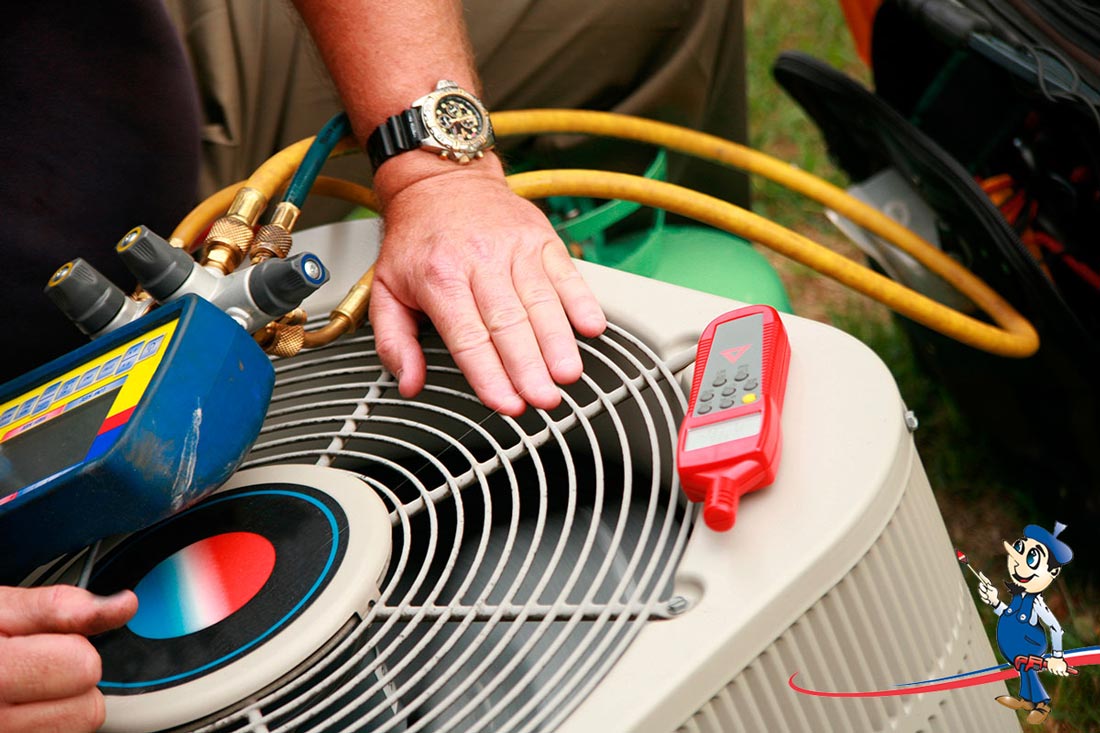The lifespan of an HVAC (Heating, Ventilation, and Air Conditioning) system can differ depending on a number of factors, including the type of system, how nicely it is maintained, and the quality of the original installation. Here are some common guidelines on how typically you might need to switch your HVAC system:

Furnace: The average lifespan of a fuel or electric furnace is usually around 15-20 years. With correct upkeep, a furnace can last more, but it might turn into much less energy-efficient because it ages.
Air Conditioner: Air conditioning units sometimes have a similar lifespan to furnaces, round 15-20 years. Regular maintenance might help prolong the lifetime of your AC system.
Heat Pump: Heat pumps can last between 10 and 15 years. Their lifespan can be influenced by factors like local weather and the way often they switch between heating and cooling modes.
Boiler: Boiler methods are recognized for their durability, and they can final wherever from 20 to 35 years with proper upkeep. High-quality boilers are inclined to have longer lifespans.
Ductless Mini-Split Systems: Ductless mini-split methods can final 10-20 years or extra. The high quality of the system and regular upkeep can affect its longevity.
It's necessary to note that these are rough estimates, and the precise lifespan of your HVAC system could differ. To maximize the life of your HVAC system and ensure it runs efficiently, regular maintenance is crucial. Annual or biannual check-ups by knowledgeable HVAC technician may help determine and handle points before they become main issues.
When contemplating whether to exchange your HVAC system, several factors come into play:
Energy Efficiency: Newer HVAC techniques are sometimes more energy-efficient, which may lead to lower utility payments. Replacing ac repair , much less efficient system with a newer one can end result in value savings over time.
Frequent Repairs: If your system requires frequent and dear repairs, it might be cheaper to replace it, particularly if it's nearing the tip of its anticipated lifespan.
Improved Comfort and Features: Newer HVAC methods might supply better temperature management, improved indoor air high quality, and superior options like sensible thermostats and zoning capabilities, enhancing your overall comfort and convenience.
Environmental Considerations: Older HVAC techniques could use refrigerants or applied sciences which are less environmentally pleasant. Upgrading to a extra eco-friendly system can be an moral choice.
Home Renovations or Additions: If you are expanding your own home or undergoing main renovations, you may want to switch or upgrade your HVAC system to accommodate the elevated heating and cooling wants.
When considering a substitute, it's advisable to consult with an HVAC skilled who can assess your current system's situation, your specific wants, and provide suggestions based mostly on your finances and long-term targets. Replacing an HVAC system is a significant investment, however it could result in improved comfort, energy savings, and peace of thoughts..
